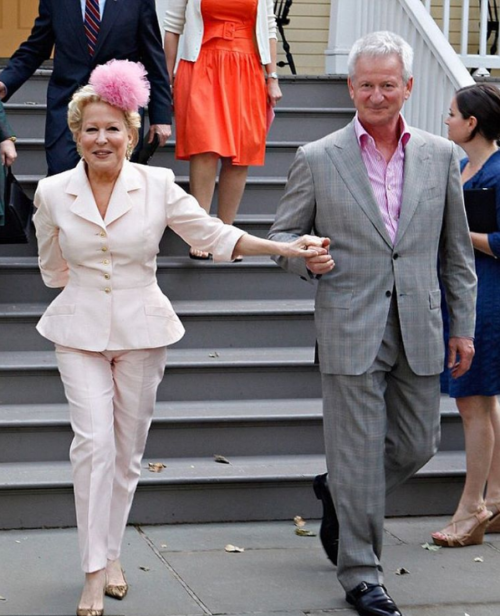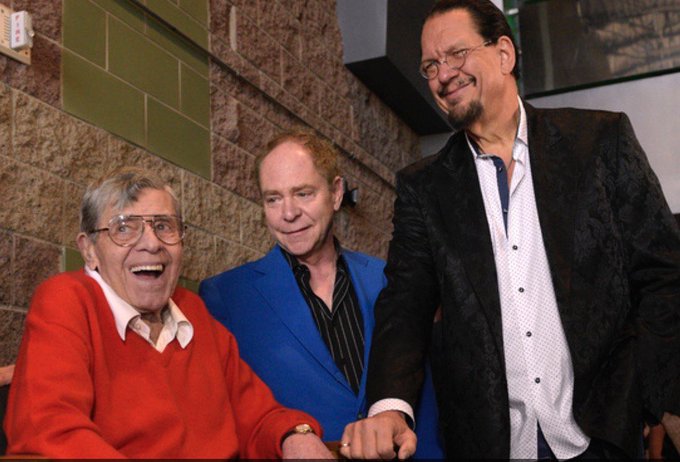The Stage
Mark Shenton: Broadway’s reliance on star power is proving its undoing
by Mark Shenton – Aug 2, 2017
The brutal economics of Broadway’s dependence on star casting has been underlined by two current shows. First, Hello, Dolly!, which is doing record business at the Shubert Theatre (and setting record prices, too) thanks to star Bette Midler, in her first return to a Broadway musical in 50 years. But when Midler recently took a holiday, revenues fell precipitously – from close to $3 million a week to just $722,500.
Then the week she returned, there came a massive rebound. Jeremy Gerard reported for Deadline that the Broadway box office saw a 10% hike over the previous week. “More than half of it – $1.5 million of the $2.8 million cash coups de theatres – was accounted for by one star in one show: Bette Midler’s return, leaving no doubt about what the customers want and are willing to pay for.”
Then there’s the increasingly beleaguered case of Natasha, Pierre and the Great Comet of 1812. It received 12 Tony nominations this year, more than any other show, but in the end won only two, in scenic design and costumes. Then its star Josh Groban departed the show, as scheduled. Attendance suddenly went south, from a typical gross of $1.2 million when Groban headlined to just over $900,000.
Groban had been replaced by Okieriete Onaodowan, known affectionately as Oak, an alumnus of the original Hamilton cast, but alas not a star name in his own right.
Then the producers got an opportunity to parachute Broadway veteran (and Homeland TV star) Mandy Patinkin into the show for a short run – and asked Onaodowan to step aside for the final three weeks of his nine-week run.
This is not the first time a bigger star has forced a lesser one aside on Broadway. When The Last Ship, an original musical featuring a score by pop star Sting, was ailing on Broadway in 2014, the producers replaced Jimmy Nail with the show’s composer. When Sting’s engagement ended, so did the show.
Broadway veteran Jackie Hoffman tweeted her own experience: “In Xanadu I was replaced with Whoopi Goldberg not because she’s black but because she sold tickets. #notaboutrace.”
Unfortunately, however, Hoffman’s hashtag highlighted exactly what Onaodowan’s replacement did become about. As the Hollywood Reporter said: “The move prompted an uproar in a community that is vigilant about fair and inclusive racial representation. Many pointed up the perceived slight as being typical of the treatment of performers of colour, a bitter irony given that The Great Comet has been lauded for the racial inclusiveness of its ensemble.”
British actor Cynthia Erivo (Tony-winner for The Color Purple) led the charge on Twitter: “Mandy is a wonderful man, Oak is a wonderful man, this has been handled badly. Ticket sales shouldn’t override a person doing his job.”
Except that no one can do their job at all if the tickets aren’t selling sufficiently. Thrown into a media storm, Patinkin withdrew from the show, tweeting: “My understanding of the show’s request that I step into the show is not as it has been portrayed, and I would never accept a role knowing it would harm another actor.”
Now it is in real trouble: composer Dave Malloy, who originated the role of Pierre, tweeted: “The show was in desperate shape; sales [after August 13] were catastrophically low. Show would have closed. It’s apparently a weird show. Turns out it needs a name to sell it. Mandy is a beautiful legend. Had no idea. He didn’t ask to out Oak, the show asked him to come ASAP because we were on brink of closing. I am not sure the show has a future now.”
Reliance on star casting can often be a hostage to (mis)fortune. But ‘stunt’ casting on Broadway for long-running shows can often work wonders: for instance, Kinky Boots – now in its fifth year on Broadway – took $1.4 million the week before last, more than 15% above the show’s gross potential, thanks to the fan base of Panic! At the Disco’s Brendon Urie taking over. Chicago, now the longest-running American musical in Broadway history, has partially sustained itself by casting such names as George Hamilton and Jerry Springer.
One of the great lessons of the British mega-musicals of the 1980s, and Cameron Mackintosh’s stewardship of them, was that the shows themselves were the stars: Cats, Les Miserables and The Phantom of the Opera may have opened with named people, but each kept running with actors with far less celebrity. While star names can make a show, their absence can also break them – unless you make the show bigger than any of them.
Related articles
- Pop Culture Blind Spot: First Wives Club (cookiesandsangria.com)
- Bette Midler Takes on Carol Channing’s Role in Broadway’s ‘Hello, Dolly!’ (bootlegbetty.com)
- BetteBack August 16, 1991: Bruce Vilanch Goes It Alone (bootlegbetty.com)
- Bette Midler On Why She Really Turned To Television: (bootlegbetty.com)
- Bette Midler [her reaction of Broadway audiences] I (bootlegbetty.com)







